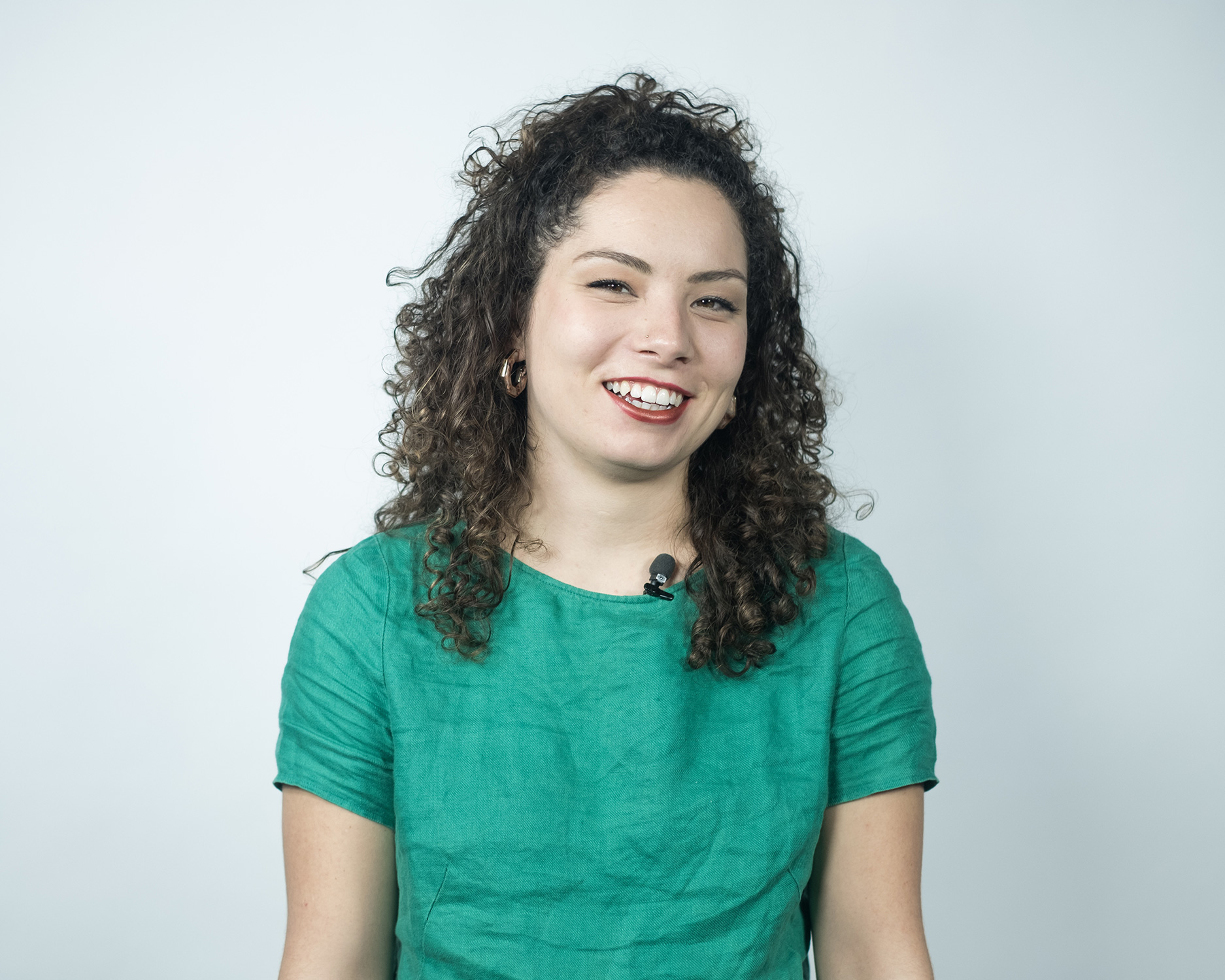About Antonia
Antonia studied Biochemistry at the Freie Universität, Berlin, both in the Bachelor’s and Master’s program. She gained her first independent research experience in the laboratory of Prof. Dr. Matthias Hentze at EMBL in Heidelberg, during her Bachelor’s thesis internship. The focus of her thesis was to investigate the role of novel RNA-binding proteins in the DNA damage response. Antonia expanded her know-how of experimental techniques and different research fields in further internships at IRI for the Life Sciences, Bayer and the Vienna BioCenter (VBC). For her Master’s thesis she joined the laboratory of Dr. Ulrich Elling at IMBA, Vienna, studying previously unknown players in reprogramming of mouse embryonic fibroblasts to embryonic stem cells. Fascinated by the possibilities of growing organoids derived from human embryonic stem cells in vitro, which resemble aspects of developing human tissue, Antonia joined the laboratory of Prof. Dr. Jürgen Knoblich at IMBA, Vienna, to study cerebral organoids.
In September 2019 Antonia started her PhD in Prof. Dr. Edith Heard’s laboratory, at the EMBL in Heidelberg, here she will investigate the interplay between gene expression and the 3D structure of the genome in the context of X-chromosome inactivation in female mice, specifically in embryonic stem cells and in neuronal cells. By studying the 3D organization of loci that are active or silent on the inactive X chromosome, and comparing this structure to the active X chromosome as an internal control, she will dissect the interdependence between gene expression and the 3D structure of the genome at the molecular level. She will use a combination of in vitro and in vivo derived cells and will set up CRISPR/Cas9 approaches to target specific proteins to modulate gene expression or structure and measure the impact using allele-specific -omics as well as imaging techniques.
About Antonia's project
Formal goes first.
Informal goes after
